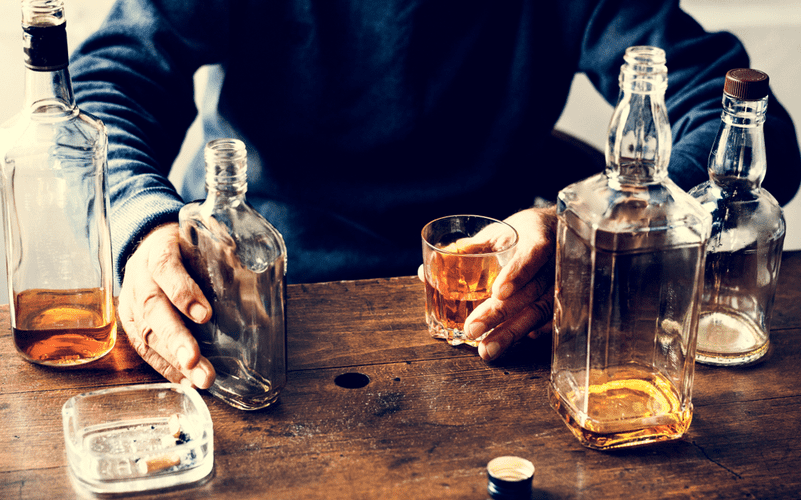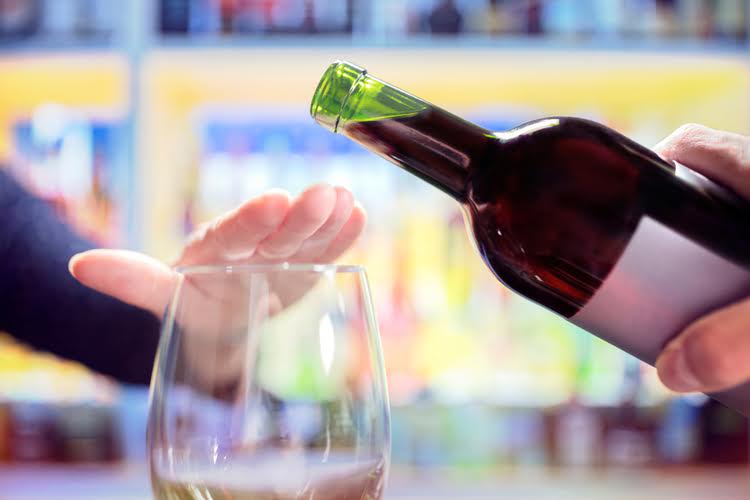Several studies have also shown that the lungs are highly vulnerable to the effects of alcohol. For example, alcohol can reduce the ability of respiratory epithelium cells to remove mucous from the lungs, which can directly damage lung tissue and weaken the proper functioning of the lungs over time. Although this chronic weakening of lung function may not cause any immediate symptoms, these effects can manifest when a severe respiratory infection occurs.
- Not only will drinking alcohol reduce your immune system’s strength, but alcohol also has a dehydrating effect.
- Experts suggest sticking to serving sizes and reflecting why you want that drink in the first place.
Alcohol consumption does not have to be chronic to have negative health consequences. There is evidence in a number of physiological systems that binge alcohol intake complicates recovery from physical trauma (see the article by Hammer and colleagues). Molina and colleagues review research showing that alcohol impairs recovery from three types of physical trauma—burn, hemorrhagic shock, and traumatic brain injury—by affecting immune homeostasis. Their article also highlights how the combined effect of alcohol and injury causes greater disruption to immune function than either challenge alone.
How does alcohol affect your immune system?
One study found that people who got less than 7 hours of sleep were nearly three times more likely to develop a cold compared with those who got 8 or more hours of sleep. “Alcohol intake can kill normal healthy gut bacteria, which help to promote health and reduce risk of infection,” Mroszczyk-McDonald said. Similarly, alcohol can trigger inflammation in the gut and destroy the microorganisms that live in the intestine and maintain immune system health.

This alcohol-mediated dendritic cell dysfunction prevents the organism from generating virus-specific adaptive immune responses involving CD4+ and CD8+ lymphocytes, which may contribute to the acquisition and persistence of hepatitis C infection (Siu et al. 2009). The innate cellular response, which is mediated primarily by monocytes/macrophages and neutrophils, involves the recognition, phagocytosis, and destruction of pathogens—processes essential to subsequent adaptive responses. Acute and chronic alcohol abuse can interfere with the actions of these cells at various levels. Such studies can be challenging to conduct in humans because of difficulties in obtaining accurate medical histories, maintaining adherence, confounding factors such as diet, sleep-wake cycles, and ethical considerations when studying large doses of ethanol.
Alcohol poisoning: what to do
People report drinking far more frequently and earlier in the day than they did pre-pandemic. Weekly intimacy seems to help boost your immune system compared to those who have it less often. Couples who had sex more than twice a week had lower levels of IgA than those who had no sex at all. There is some evidence that sorrow, especially if lasts a long time, can depress your body’s immunity.
In addition, they can excrete toxic substances from their granules that can kill pathogens. PMNs produce a host of bacteria-killing (i.e., bactericidal) molecules (e.g., myeloperoxidase, defensins, azurophil-derived bactericidal factors, bactericidal permeability-increasing protein, cationic proteins, gelatinase, and lactoferrin). In addition, PMNs participate in the regulation of the local defense response by releasing signaling molecules called cytokines and chemokines (e.g., tumor necrosis factor [TNF]-α; interleukin [IL]-1β, IL-6, and IL-8; and macrophage inflammatory protein [MIP]-2). These molecules help recruit and activate additional PMNs as well as macrophages to the site of an injury or infection. In contrast to the inhibitory effects of acute alcohol treatment (up to 24 hours), prolonged exposure of human (men and women) peripheral blood monocytes to 25mM ethanol for 7 days increased LPS-induced TNF-α production without affecting IL-10 production (Pang, Bala et al. 2011). Prolonged exposure of Mono Mac 6 cell line to 25mM, 50mM and 75mM ethanol for 7 days also reverses the initial inhibition of LPS or PMA-induced TNF-α production in a dose-dependent manner (Zhang, Bagby et al. 2001).
Modulation of Innate Immunity by Alcohol
Dipak Sarkar, an expert on alcohol metabolism and immunity, and professor at Rutgers University, tells Inverse that he advises skipping alcohol altogether during the Covid-19 pandemic. This is because studies suggest that heavy drinking — defined as over 8 drinks per week for women and 15 per week for men — can disrupt key immune does alcohol weaken your immune system pathways, make people more susceptible to infection, and weaken the immune system. That’s because your body can’t make as many infection-fighting cells and proteins called antibodies that help defend against illness. Your body releases certain proteins that help the immune system, called cytokines, only during sleep.

The PVN regulates pituitary hormone production, including adrenocorticotropic hormone (ACTH), which binds to melanocortin type 2 receptors in the adrenal cortex to induce steroidogenesis in distinct layers (Dringenberg, Schwitalla et al. 2013). Primates have a threelayer adrenal cortex with cortisol being the primary glucocorticoid produced in the zona fasciculata (Nguyen and Conley 2008), which is released in response to stress (O’Connor, O’Halloran et al. 2000). Corticosterone is the main glucocorticoid involved in the regulation of stress responses in rodents (Smith and Vale 2006).